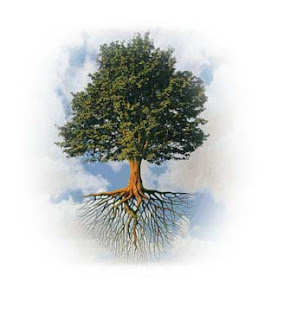In Jesus’ time, monetary offerings made to the Jewish temple needed to be in Jewish currency. Since the standard currency was Roman, money changers set up shop inside the temple and exchanged currency for high fees. They also sold sacrificial animals at high prices. The money changers knew they had a captive audience of faithful Jews who had access to neither of these things on their own. Jesus reacted to their presence in the holy temple by overturning their tables and driving them out with a corded whip – his only violent reaction to people in any of the Gospels.
 |
| Jesus and the Money Changers by Balage Balogh |
In the Middle Ages, some clergy traded indulgences (the reduction of penance) for alms (charitable gifts). Abuse of this practice – basically selling forgiveness for cash donations – was one of the major issues that drove Martin Luther to launch the reformation. Today televangelists find ever more sophisticated ways of parting the faithful from their money by selling them goods, services and empty promises. Many churches offer enlightenment, access, or authority only to those who can afford to pay dearly for it.
Charity is an important part of a Christian life, but never trust anyone who attempts to use your desire for a closer relationship with God for monetary gain. And be wary of anyone who believes large offerings should buy them special privileges in church – the flip side of the same counterfeit coin. If you believe Jesus died for our sins, then the price has been paid in full. If you aren’t convinced of atonement theology, remember Jesus’ reaction to those who profited off the faithful. Drive the modern day money changers out of your life and don’t feel a need to be gentle about it. Your relationship with God depends on you and God and no one else.
Anyone truly interested in helping you grow your faith won’t charge you. Of course preachers need to eat and churches need to keep the lights on, but how much you are able or willing to contribute financially should not influence their willingness to be Christ’s hands when you need them. God’s love and forgiveness is free. You can take that to the bank.
Evening readings: Psalms 138; 98








